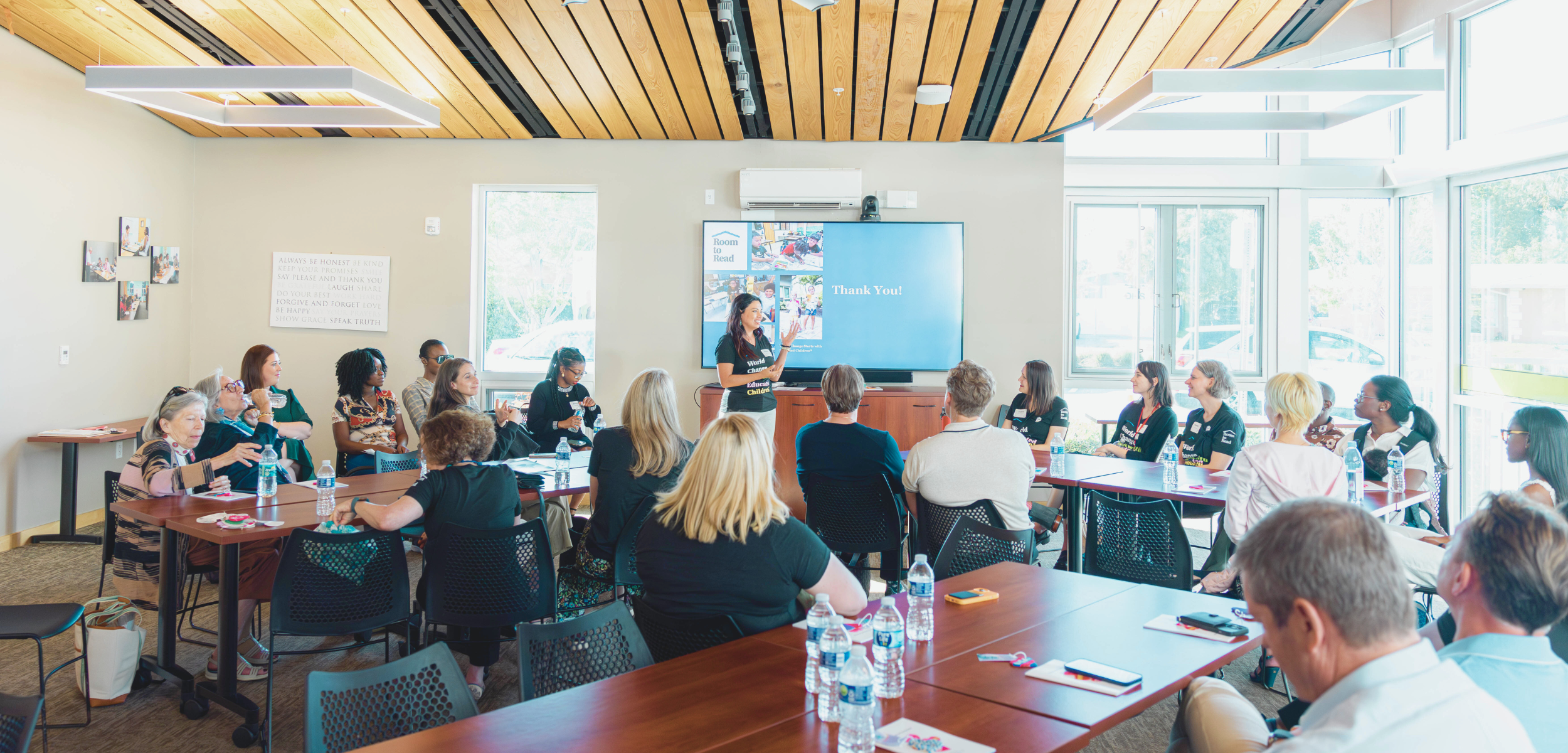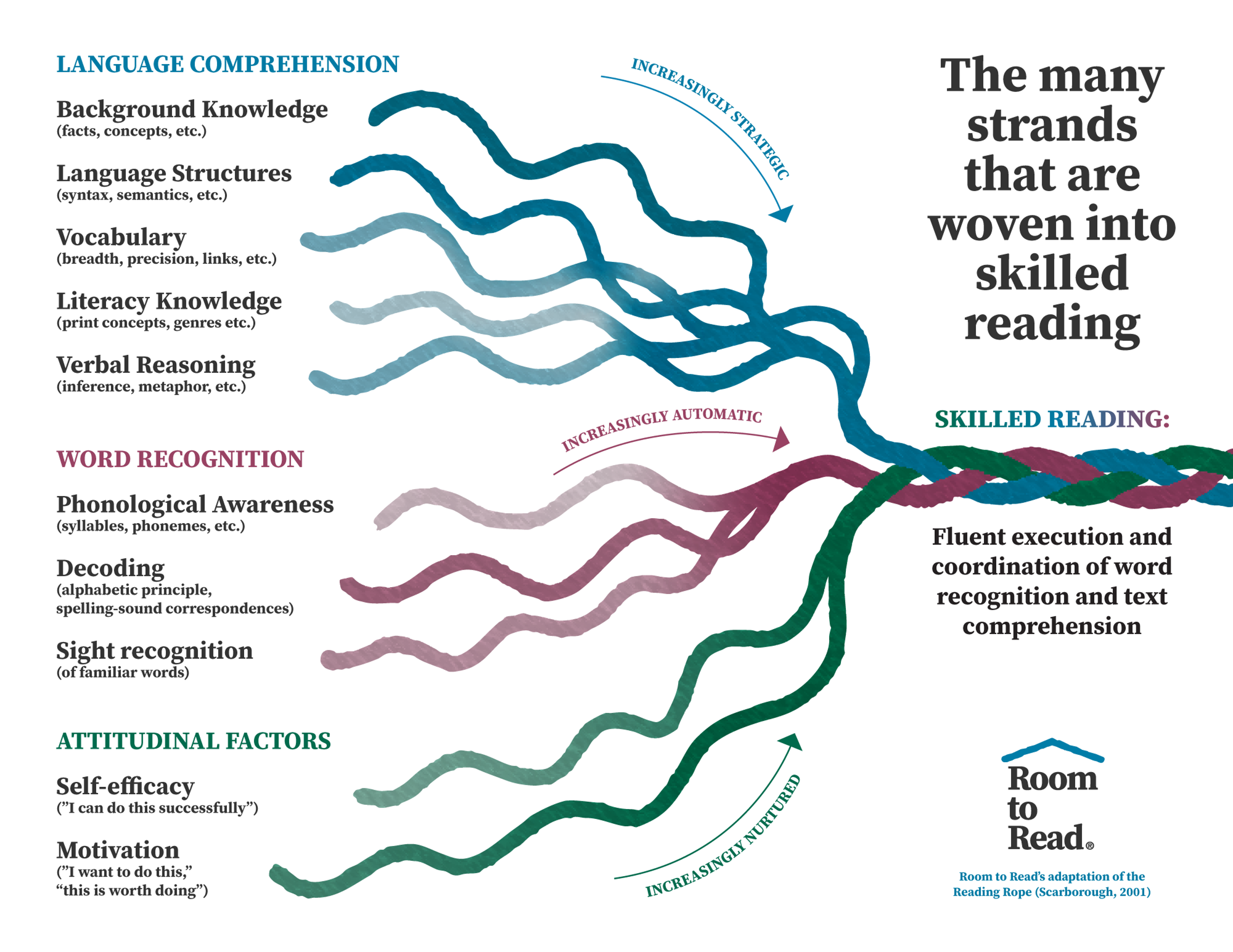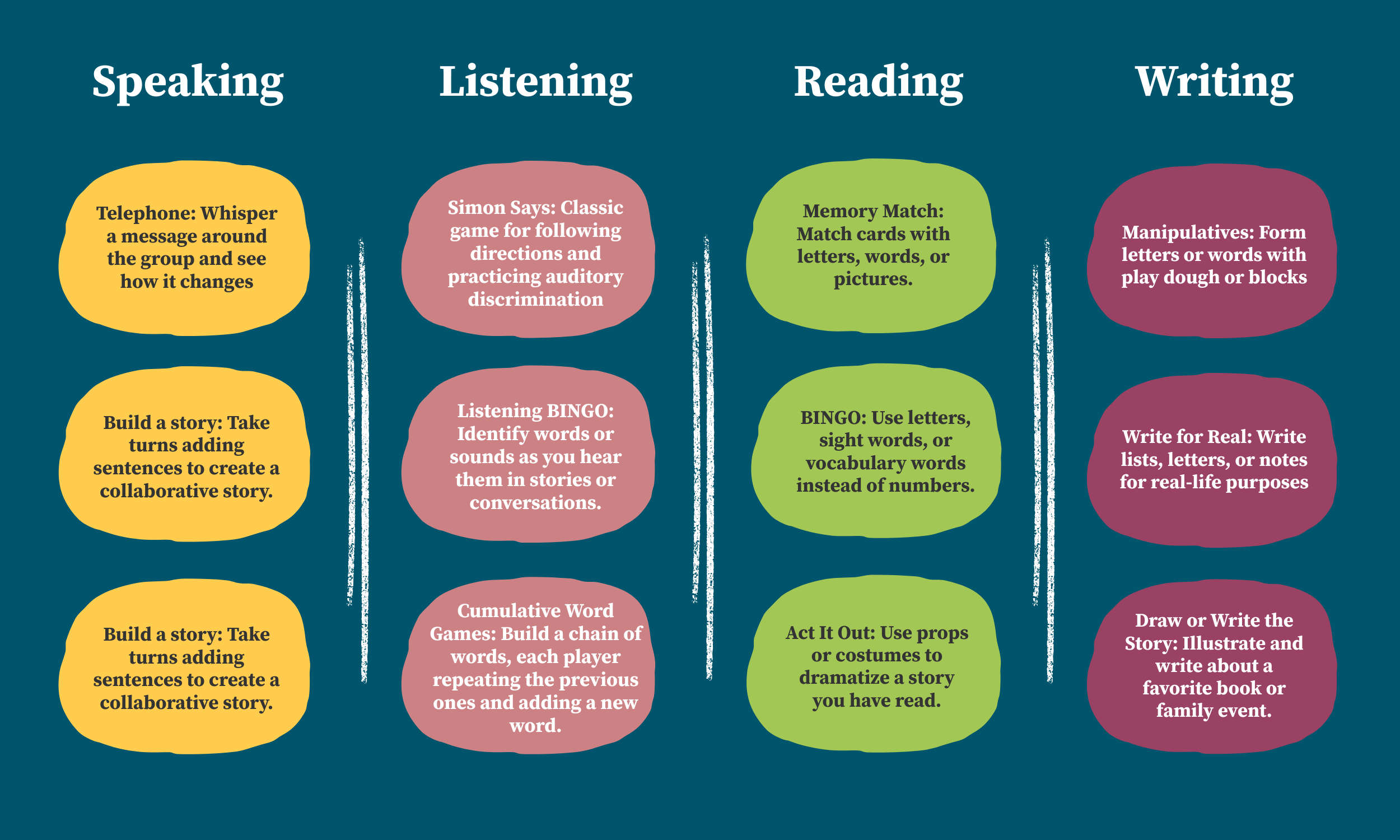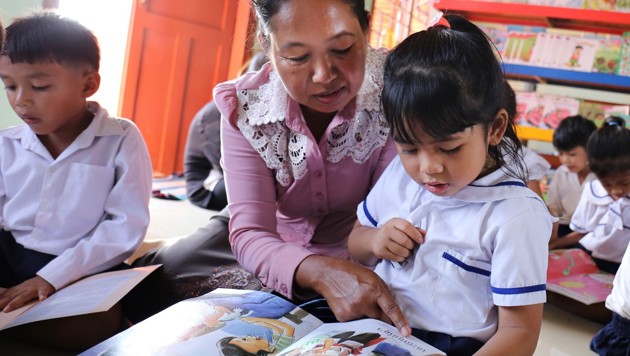A glimpse into Room to Read’s Family Literacy Workshops
Back to School Night with Room to Read
October 23, 2025

By Kerri Thomsen
Director of Instruction
Room to Read's Literacy Program
Parents in the United States, alongside many other countries around the world, recently sent their children back to school, excited about the new experiences they will have, grateful for their dedicated teacher and maybe a little anxious about how they will do. All parents want their children to do well in school, but many are not sure how they can help.
Wondering what you can do to support your young reader? You’re not alone!
Room to Read has long recognized the power of reading outside of the classroom to contribute to the goal of creating independent readers. Our libraries were developed to provide children with the high-quality books that are needed to capture their interest and nurture a habit of reading.
But furthering a culture of reading extends beyond the school setting. The community and home environment have a role to play, as well, which is why literacy events and parent meetings are included in Room to Read-supported schools around the world. Research shows that many at-home activities — from songs and games to independent reading and being read to — have an effect on children’s in-school achievement. Having books available at home and parents’ attitudes towards reading make a difference, too.
With this in mind, in 2022, Room to Read began training community partner organizations in Florida to deliver our Family Literacy Workshops. Most recently, our partners Hola Lakeway and Centro Hispano in Tennessee began training caregivers in both English and Spanish.
Room to Read’s Family Literacy Workshops equip families with simple, research-backed strategies to make reading a joyful part of daily life. These sessions are designed to be accessible for all, regardless of parents’ own literacy levels, by focusing activities around foundational skills: listening, speaking, reading and writing. Our programming includes five standalone workshop sessions, each designed to be used independently or as part of a series. 
Looking for everyday literacy activities for your child? You don’t need to move to Tennessee or Florida to find out what these workshops are all about! Read on for some key insights, tips, and activities that you can use to create a supportive literacy environment for your child.
Welcome to Back-to-School Night with Room to Read!
Our back-to-school night topic: Supporting literacy at home
Children learn to speak naturally. But reading is a skill that has to be taught.
At its most basic, the process of reading requires being able to decipher the words and understand what they mean. While there are many strands that go into skilled reading, parents don’t need to worry about needing a teaching degree to contribute to their child’s literacy learning. Practicing word recognition skills at home can be done through games and fun, interactive activities. And activities that nurture speaking, listening, reading and writing all increase your child’s language skills, helping them to make sense of what they read. If your family speaks more than one language, reading and storytelling in your home language can build vocabulary and strengthen connections to school learning.
5 tips to boost your child’s literacy learning
- Start with books! The more books you have at home, the better. Make regular visits to your local library and encourage your child to bring home books from the school library. Find free books through online groups like Buy Nothing or discounted books at thrift stores. Get a variety of genres and formats. Children are more motivated to read when they can choose a book that interests them.
- Share stories. Reading aloud or telling oral stories to your child can be a special time to bond. With screens put away, snuggled together somewhere comfortable, sharing the experience of a good book can open the door to conversations you will cherish. And there is an academic benefit, too. When children have the opportunity to listen, think about, and discuss ideas during story-sharing activities, they are directly building their reading and oral language skills. Consider designating a time or cozy space for a daily read-aloud.
- Make it fun! Play games that support listening, speaking, reading, and writing. See the suggestions below for some of our favorites. Make reading or storytelling what you do when you are waiting for the bus or in the doctor’s office.
- Make it practical. Reading isn’t just something we do at school. We couldn’t get through many of our everyday activities without reading and writing. Turn everyday moments — like cooking together or planning a trip — into opportunities for reading and writing. Ask your child to help read recipes, write lists, or follow instructions for a project.
- Be a reading role model. Children learn by watching their parents. Show your child how important reading is in your everyday life. Let them see you enjoying a good book, expanding your world view with a newspaper, or finding your way with directions. Don’t be afraid to make mistakes when reading — show your child how you fix it.
Ready to boost your child’s love of reading? Try one new activity this week and let us know how it goes!
Activities to support listening, speaking, reading and writing at home and on the go:







